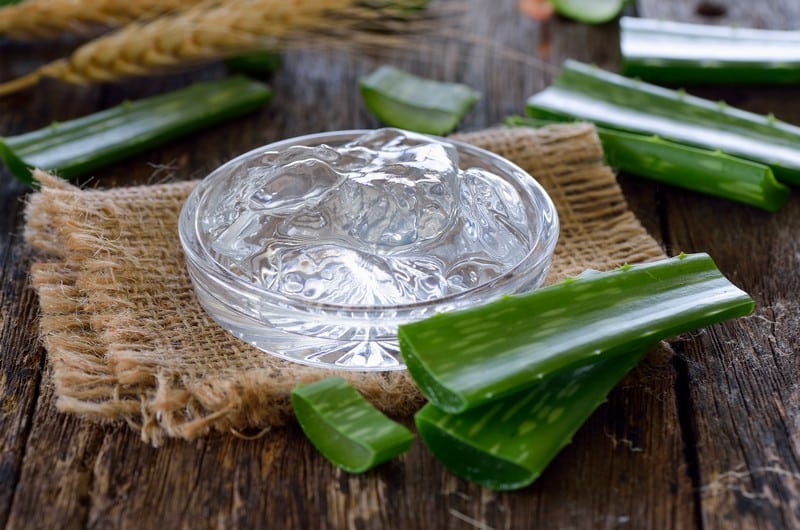Eczema, also known as atopic dermatitis, is a condition that causes the skin to become dry, itchy, and inflamed. The exact cause of eczema is unknown, but it is thought to be related to an overactive immune response or a defect in the skin’s barrier function.
There are seven types of eczema, each with its symptoms. Atopic dermatitis is the most common form, and it is characterized by dry and itchy skin. Contact dermatitis happens when the skin is in contact with an irritant or allergen. Dyshidrotic eczema is characterized by small blisters on the hands and feet. Finally, nummular eczema appears as coin-shaped patches of dry, scaly skin.
Seborrheic dermatitis causes dandruff-like flakes on the scalp, face, and chest. Stasis dermatitis occurs when fluid accumulates in the lower legs, leading to itching, redness, and ulcers. Winter itch is a type of eczema that occurs during the winter months due to dry air and indoor heating.
Symptoms of eczema include dryness, itching, redness, and swelling. In some cases, the skin may also blister or crust over. Eczema can be a chronic condition, but many home remedies can help relieve symptoms and improve quality of life.
Aloe Vera

Aloe vera is a succulent plant often used as a natural remedy for various skin conditions, including eczema. The plant contains compounds that are thought to have anti-inflammatory and antibacterial properties. When applied to the skin, aloe vera gel can help soothe irritation and speed up healing.
Also, aloe vera is often used as a natural moisturizer, as it can help keep the skin hydrated and prevent dryness. Some people may also find it helpful to include aloe vera in their diet by adding it to smoothies or juices.
The best way to use aloe vera for eczema is to apply the gel directly to the affected area. You can add a few drops of aloe vera juice to your bathwater and soak in it for 20 minutes. This helps moisturize your skin and reduces inflammation. If you have severe eczema, you can try taking aloe vera capsules or drinking aloe vera juice twice daily.
Some people may experience an upset stomach when they first start taking aloe vera internally, so it is crucial to start with a small dose and increase it gradually. If you are pregnant or breastfeeding, you should also talk to your doctor before taking aloe vera.










